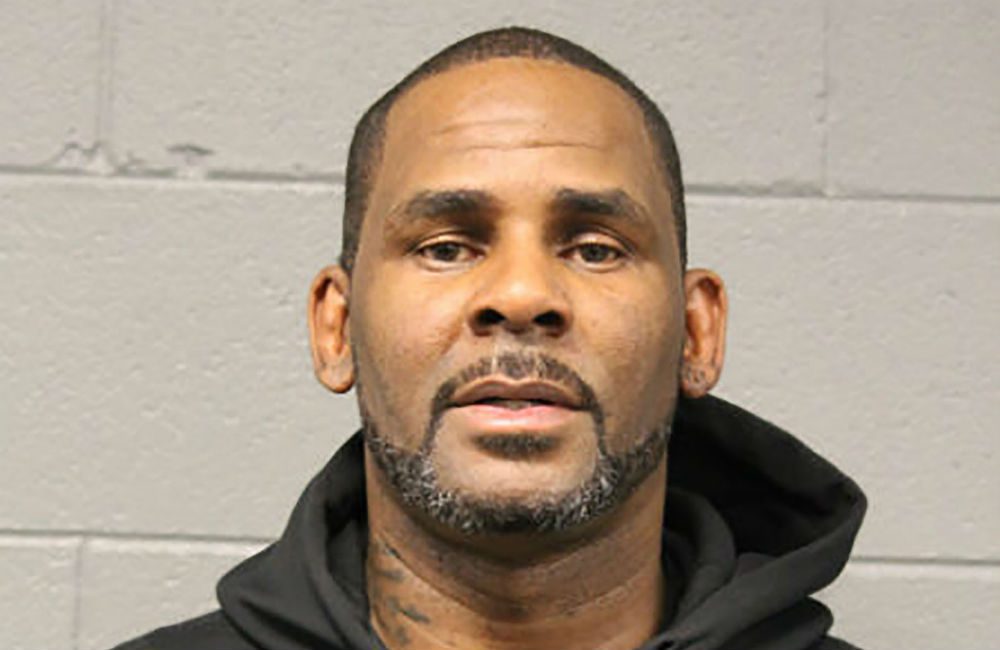
It has been 47 years since President Richard Nixon declared a “war on drugs” that was in fact also a systemic war on Blacks in America. Although much attention is given to the incarceration of Black men, a growing number of Black women are also being jailed at a higher rate.
Although drug use and drug dealing cross racial boundaries, it is clear that Black and Latina women are more likely to enter the criminal justice system over drug law violations. According to the Drug Policy Alliance, “Black women are more than twice as likely — and Latinas are 25 percent more likely — to be incarcerated than White women.”
The rate of incarceration of women in America is explosive, between 1978 and 2114 the number of women in state and federal prisons grew by 800 percent. According to DPA, “Nearly a quarter of women in state prison were incarcerated for drug offenses at the end of 2013, compared to 15 percent of men. As of Sept. 30, 2014, roughly 59 percent of women in federal prison were incarcerated for drug offenses, compared to approximately 50 percent of men.”
A glaring example of the plight of Black women is that of Kemba Smith. In 1985 she became a victim of the war on drugs. The former Hampton University student was in an abusive relationship with a drug-dealing boyfriend. At the age of 19, she started a relationship with Peter Hall, who was eight years older than her. According to the FBI, Hall was the head of a $4 million dollar crack empire and a wanted criminal. An emotionally and physically abused Smith attempted to leave the relationship several times but was unsuccessful and eventually became pregnant. Hall was discovered murdered, and after his death, the government held Smith accountable for the total amount of the drugs in his drug conspiracy charge. Although she never handled any drugs and was pregnant and trapped in a lifestyle she could not escape, she was charged with trafficking over 250 kilos of crack. A federal judge stated he wanted to make an example of her and sentenced her to 26 years in prison. Her sentence was eventually commuted after 6 1/2 years by former President Bill Clinton. Smith spoke on the campus of the Morehouse College School of Medicine at the “Not One Step Back: One Day Strategy Session on the Drug War, Mass Incarceration and Public Health” about the continuing impact of her conviction and time in prison.















